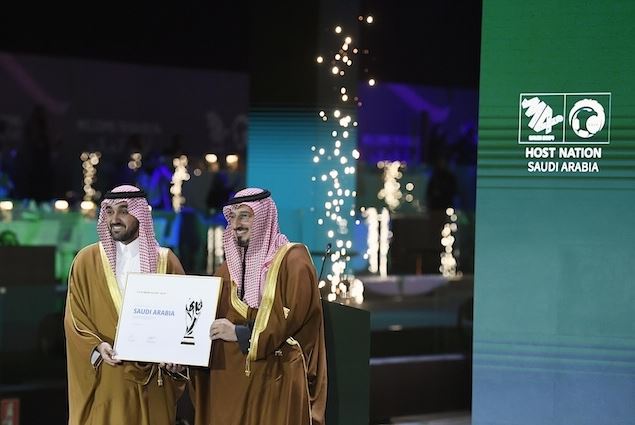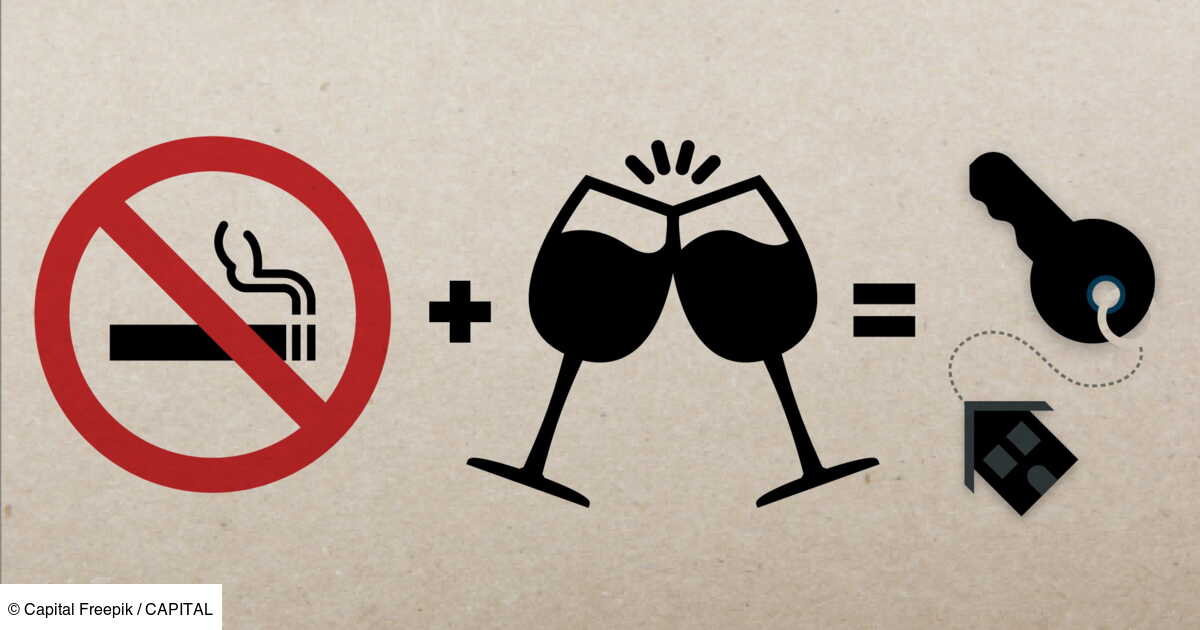
Hosting the football World Cup is now an economically prohibitive undertaking for many countries: there has been no rush to apply for a long time. Those most likely to come forward are countries that do not have liquidity problems, full of petrodollars and eager to rebuild an image through sport that the denied rights are damaging in the eyes of the world: it was the case of Qatar 2022, it is the case of Saudi Arabia 2034awarded yesterday not without controversy, the same country that aspires to a master 1000 in tennis.
Sportwashing they call it in English, “washing” through sport, a trick that is not always successful to which Fifa, unfortunately, responds: partly because pecunia non olet, partly because there are often no alternatives. The complicity of FIFA had caused much discussion in this regard, and rightly so, as it had not prevented the emir from imposing on Lionel Messi the black cloak, a sign of royalty in the Arab world, over the Argentina shirt in the official photos, which was contrary to the regulations. which evidently no one dreams of enforcing for those who put money into it.
For 2034, Saudi Arabia was the only candidate. For 2030, a shared but objectively bold solution has been chosen at an organizational level: Spain (with final in Madrid) and for the first time Portugal and Morocco. It will be the first time of sharing between Europe and Africa, and it already doesn’t seem simple, combined with the fact that the first three matches in memory of the first edition of which will mark the centenary of the first edition played in Uruguay in 1930, will be played in Montevideo (Uruguay), Buenos Aires (Argentina) and Asuncion (Paraguay). It is already difficult in view of Milan-Cortina to get the Alpine arc to agree and not even everything, let alone this crossroads of continents.
The assignments, at the same time according to a recently established tradition due to the fear of being discovered at the last minute in case of defections, aroused harsh criticism from Amnesty International in a document which involved among the signatories, around twenty associations involved in the defense of human rights: «Fifa’s reckless decision to award the 2034 World Cup to Saudi Arabia, without ensuring adequate human rights protections, will put many lives at risk», reports Steve Cockburn, head of labor rights and sport at Amnesty International, «Based on clear evidence, FIFA knows that many workers will be exploited and that some of them will lose their lives if important reforms are not introduced in Saudi Arabia. However, the Federation chose to move forward anyway, risking taking on heavy responsibility for the human rights violations that will result.” Amnesty International also contests the selection process in the allocation of the 2030 World Cup, with excessive militarization, legalized discrimination, forced evictions and violations of workers’ rights. «Fifa», asks Amnesty, «must urgently change course and ensure that the World Cup in Saudi Arabia is accompanied by important reforms, or it risks facing ten years of exploitation, discrimination and repression, linked to its most important sporting event» .
Furthermore, the memory of the Qatar World Cup, out of season in December 2022, is recent: just a few days ago it caused discussion about the fact that, as the Guardian last December 4th: «Fifa’s long-awaited report on the legacy of the Qatar World Cup has been published, but only after its key recommendation was rejected by the organisation. Fifa’s human rights and social responsibility subcommittee has found that the world gaming body “has a responsibility” to provide financial relief to workers who have suffered losses as a result of their employment at the 2022 World Cup. The report argues that Fifa should use Qatar’s legacy fund for these workers. Two days before the report was published, however, FIFA announced that the $50 million fund would be used for international development projects.” And again: “An image released by Populous shows a digital rendering of the proposed King Salman Stadium in Riyadh. FIFA publishes exciting report on Saudi 2034 World Cup despite human rights concerns The report contains an independent assessment by human rights consultancy Human Level. It acknowledges a number of measures undertaken by FIFA with the Qatari authorities to improve conditions, but “from 2010 to 2022 there have been serious human rights impacts in Qatar for a number of workers related to the 2022 World Cup” and “ It can be credibly argued that FIFA has contributed to some of these impacts.”
Issues that cast a heavy shadow not only on Infantino’s management, who had ventured into highly criticized reckless statements on the subject, but also on what could happen between now and 2030 in a World Cup in which there is talk of building a futuristic city from scratch , Neom, with a stadium on top of a skyscraper.










